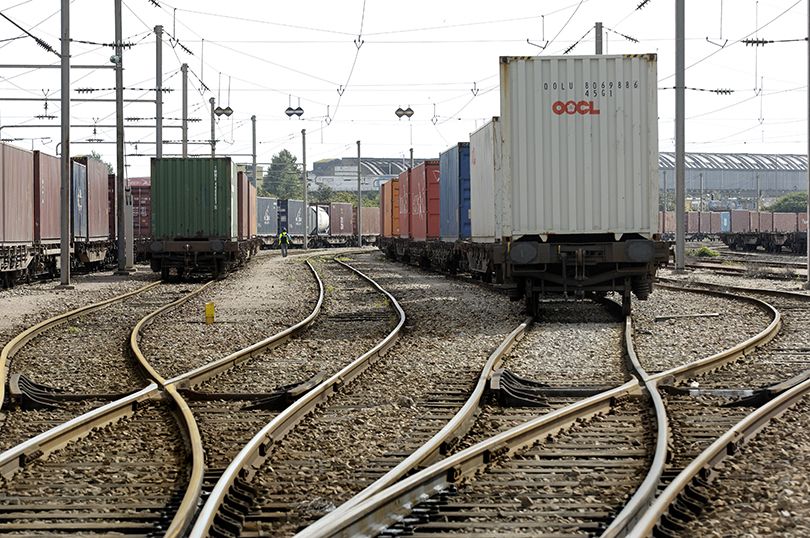To boost the global transportation system affected by the COVID-19 pandemic, the United Nations Conference on Trade and Development (UNCTAD) recommended 10 points.
It is an action plan to help industries involved in the movement of goods to keep trade afloat during the COVID-19 crisis and its aftermath.
«Trade facilitation is about keeping goods moving, so we must do everything we can to ensure that the crisis does not slow the movement of critical supplies,» said Shamika Sirimanne, director of technology and logistics at UNCTAD.
For example, in the first point, it describes that around 80% of the volume of world trade is transported by commercial shipments, which move the world’s food, energy and raw materials, as well as manufactured goods and components.
For carriers to remain operational, the flag and port states must continue to provide all necessary services, from fueling and supplies, to health services for seafarers and certification of regulatory compliance.
Seafarers are critical personnel, for whom telecommuting is not possible. It is particularly important to allow crews to board their ships or be repatriated from any seaport in the world.
Transportation and priorities
The policy brief presents concrete measures to facilitate transportation and trade while protecting people from contracting COVID-19.
The action plan builds on UNCTAD’s work with international policy experts and operators on the ground, through its trade facilitation, customs automation and shipping programs.
UNCTAD proposes policy measures to cover shipping, customs operations, transit, transparency and legal issues, as well as technology to improve paperless business processes.
10 steps to keep trade moving
- Guarantee uninterrupted shipping
- Keep the ports open
- Protect international trade in critical goods and speed up customs clearance and trade facilitation.
- Facilitate cross-border transportation
- Guarantee the right of transit
- Safeguard transparency and updated information
- Promote paperless systems
- Address initial legal implications for business parties.
- Protect carriers and transportation service providers alike
- Prioritize technical assistance

